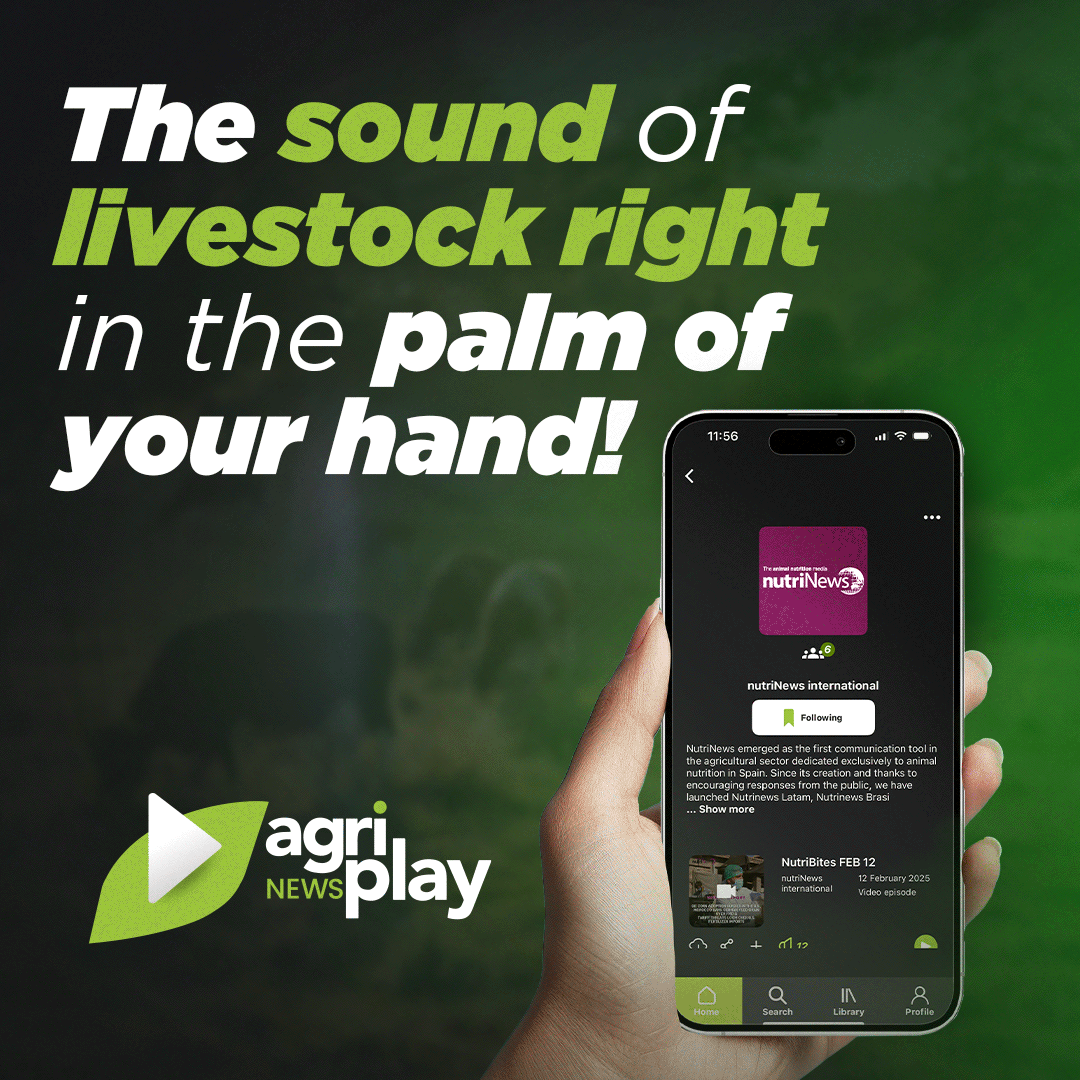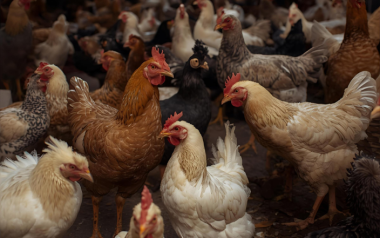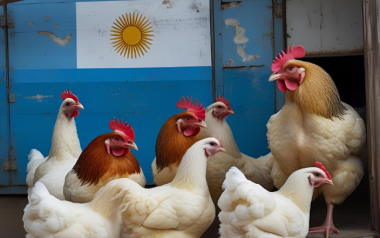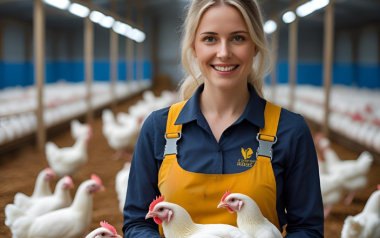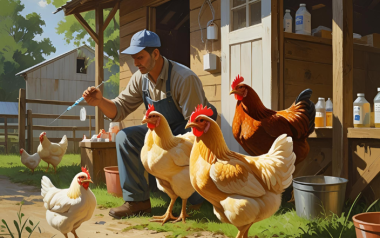The main commercial interest is to export Australian table eggs, and hatchlings to help the Korean poultry industry rebuild its flock.
20 May 2021
Poultry products from Australia could be exported to South Korea
Like many other countries, South Korea has a great challenge in the poultry industry due to the rapid outbreaks of […]
Like many other countries, South Korea has a great challenge in the poultry industry due to the rapid outbreaks of Highly Pathogenic Avian Influenza (HPAI). With the presence of HPAI millions of chickens, broilers and hens have been culled to control the disease and avoid the virus spread. Therefore, S. Korea is unable to produce poultry products to supply its own demand.
To solve the need for poultry products, the country removed the import taxes of imported eggs until June 20, 2021, with the possibility to be extended. It is giving a big opportunity to Australia to export poultry products because it is a country free of avian influenza. In fact, together with S. Korea, they are working to restore trade in those products.
“This may create opportunities for exporters if trade in poultry products is restored”.
Poultry producers interested in export can check the Department of Agriculture, Water, and the Environment for updates.
To facilitate the supply of the market, the government has eliminated tariffs on imports of eggs and egg products on 50,000 tons of imported eggs through June, hoping to stabilize prices before the Lunar New Year holidays. The rate normally applied to eggs is between 8 and 30 percent.
About Korea:
South Korea imported US$14.8 million of bird eggs in 2019; imports for the period 2014–19 averaged US$15.6 million (UN Comtrade 2019).
Australia has not exported bird eggs to South Korea since 2017 (ABS 2020).
About Avian Influenza:
AI viruses belong to the Orthomyxoviridae family, with low and high pathogenicity variants. Highly pathogenic agents are those that have an Intravenous Pathogenicity Index (IPIV) equal to or greater than 1.2. Both low and highly pathogenic viruses are reportable and
TO CONTINUE READING REGISTER IT IS COMPLETELY FREE
Access to articles in PDF
Keep up to date with our newsletters
Receive the magazine for free in digital version
REGISTRATION
ACCESS
YOUR ACCOUNT
LOGIN
Lost your password?






